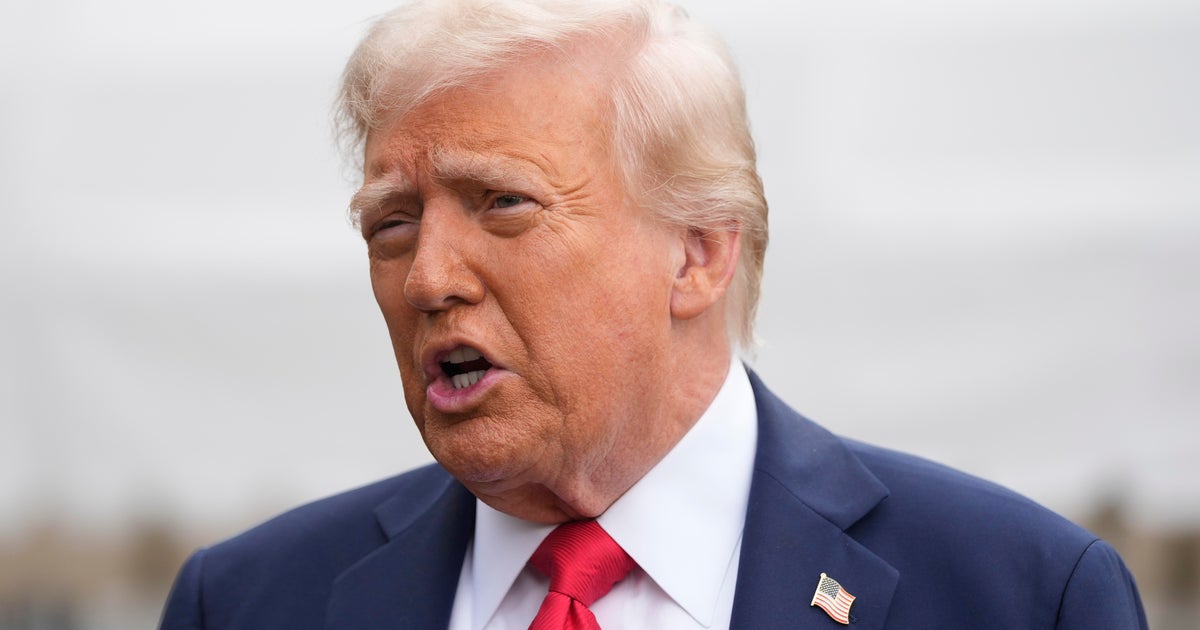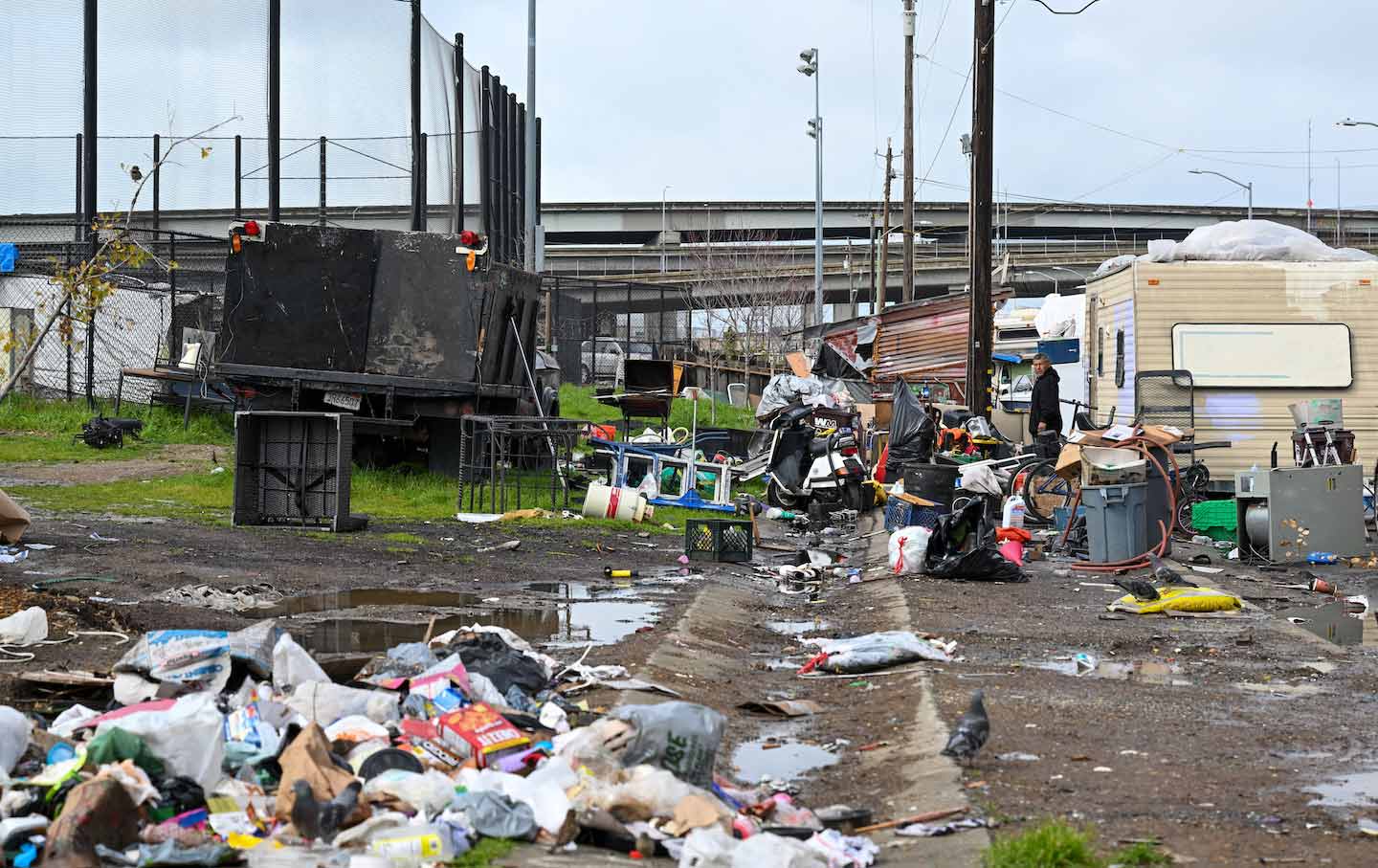
The ongoing Israel-Hamas conflict is expected to dominate discussions as world leaders gather for this week’s United Nations General Assembly. This comes on the heels of a significant nonbinding resolution passed by the U.N. General Assembly, which strongly advocates for a phased resolution to the Israeli-Palestinian conflict and emphasizes the urgent need for the establishment of a Palestinian state.
As the humanitarian crisis in Gaza continues to escalate, major nations like the United Kingdom, Australia, and Canada took a bold step over the weekend by formally recognizing a Palestinian state. This recognition is seen as a response to the growing frustration with the conflict, and France also joined this movement during a U.N. meeting on Monday, signaling a shift in international attitudes towards Palestinian statehood.
In stark contrast, the Trump administration has expressed disapproval of these developments. White House press secretary Karoline Leavitt dismissed the actions of U.S. allies as “just more talk and not enough action,” reinforcing the administration’s traditionally pro-Israel stance.
French President Emmanuel Macron has been an outspoken advocate for recognizing Palestinian statehood. In a recent interview, he argued that such recognition could serve to disempower Hamas and contribute to a more stable region. However, U.S. Secretary of State Marco Rubio criticized the move as “reckless,” a characterization that Macron deemed “excessive.”
Furthermore, the Emir of Qatar, Sheikh Tamim bin Hamad Al Thani, is slated to address the assembly on Tuesday. His appearance follows a controversial Israeli airstrike that targeted Hamas leaders in Doha earlier this month, an act that Qatar condemned and which drew criticism from Trump.
This week’s General Assembly marks a pivotal moment for the newly confirmed U.S. ambassador to the U.N., Mike Waltz. His confirmation last week sets the stage for his first major test on the world stage. Since Trump began his second term, the U.S. has been without a confirmed ambassador at the U.N., a gap that has raised eyebrows among international observers.
Waltz previously held the position of national security adviser until he was replaced by Secretary of State Marco Rubio in May. His appointment comes after a tumultuous nomination process, during which Trump initially selected Republican Rep. Elise Stefanik for the position. However, her nomination was withdrawn as Trump expressed a need for her leadership in Congress amid a tight Republican majority.
The U.N. General Assembly, comprising all member states, serves as a vital platform for addressing pressing global issues, including climate change and human rights. Its resolutions, while often nonbinding, reflect the collective will of the international community. This year’s assembly is particularly notable as it commemorates the 80th anniversary of the U.N.’s founding, under the theme “Better together: 80 years and more for peace, development and human rights.”
As Trump takes the podium, the world will be watching closely to see how he addresses these critical issues, particularly the evolving narrative surrounding Palestinian statehood. The outcomes of this assembly could have lasting implications for international relations and the pursuit of peace in the Middle East.


